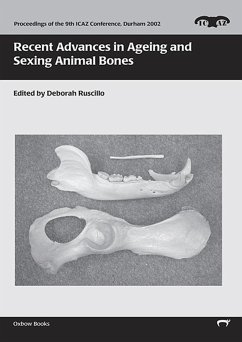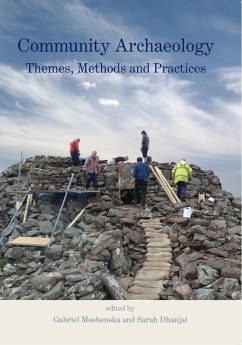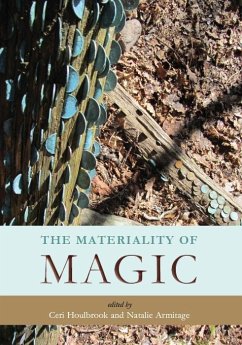
Quality Management in Archaeology (eBook, PDF)
Versandkostenfrei!
Sofort per Download lieferbar
15,95 €
inkl. MwSt.
Weitere Ausgaben:

PAYBACK Punkte
8 °P sammeln!
Quality Management in Archaeology deals with the effects of the profound changes that have had an impact on the discipline of archaeology all over the world. In North America, in Europe and increasingly in other parts of the world, new legislation and international treaties have changed its position in society. What was once a university based research activity by a limited number of academics has become a socially relevant field with many practitioners that are mostly employed in some branch of archaeological resource management. Archaeology has been successful in persuading governments and t...
Quality Management in Archaeology deals with the effects of the profound changes that have had an impact on the discipline of archaeology all over the world. In North America, in Europe and increasingly in other parts of the world, new legislation and international treaties have changed its position in society. What was once a university based research activity by a limited number of academics has become a socially relevant field with many practitioners that are mostly employed in some branch of archaeological resource management. Archaeology has been successful in persuading governments and the general public that more should be done to preserve archaeological heritage and to investigate it where it will be irretrievably lost. The scale and frequency of archaeological work has increased vastly, at considerable cost to society. Consequently, there is pressure to do the work efficiently and economically. At the same time, academic standards have to be maintained to assure that the end result will be the relevant knowledge about the past that society pays for. Different countries have found different approaches and solutions to deal with this dilemma. Sometimes commercial archaeology is allowed, sometimes it is not, but in every national context quality has to be managed in some way. This book presents a survey by specialists from the US, Canada, and several European countries on how this is done, what the principles are, and also the priorities. It will be useful for anyone interested in archaeological resource management.
Dieser Download kann aus rechtlichen Gründen nur mit Rechnungsadresse in A, B, BG, CY, CZ, D, DK, EW, E, FIN, F, GR, HR, H, IRL, I, LT, L, LR, M, NL, PL, P, R, S, SLO, SK ausgeliefert werden.













